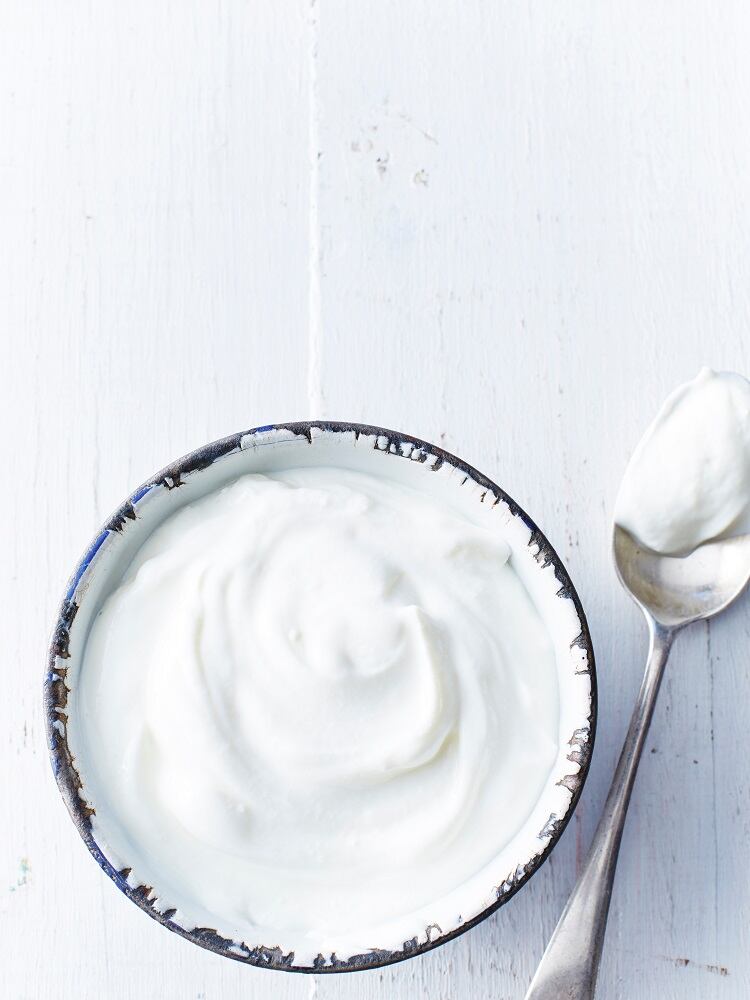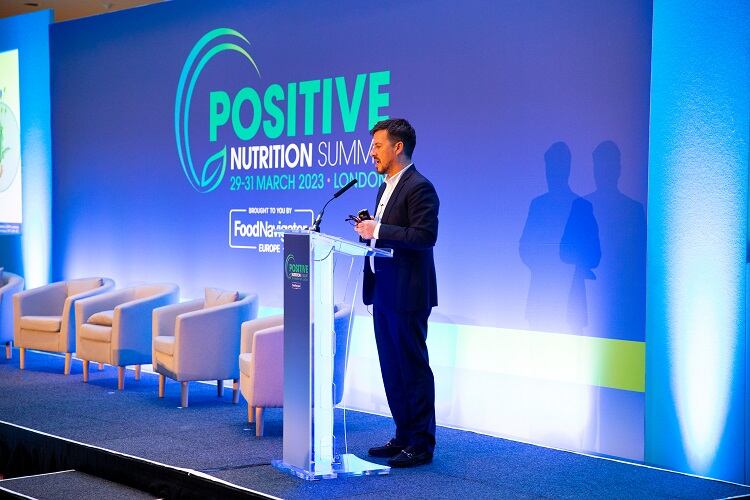The human microbiota and microbiome are extremely complex and understanding them is central to our health. We’re now finding out that they have “a bigger role than we ever thought” in our health, explained Miguel Freitas, VP for scientific affairs at Danone North America, a food company that sells, among other things, probiotic yoghurts.
Miguel Freitas has a PhD in cell microbiology and, over twenty years of working at Danone, has worked extensively with the science of the microbiome. The science, Freitas told us at the FoodNavigator Positive Nutrition summit in London last week, is “not necessarily catching up at the same speed” as consumer interest. Freitas’ knowledge comes from the market in the US, where restrictions over terms like ‘probiotic’ are not as stringent as in the EU. Yet enhancing consumer knowledge about the gut-microbiome is important everywhere.
Microbiome and microbiota
The microbiome and microbiota are slightly different. The microbiota, says Freitas, is “the community of microorganisms that we have in a defined environment”.
The microbiome, on the other hand, “includes that microbiota, plus the genes that come with, with the bacteria also living in a particular environment. So, it can be seen more as a living ecosystem.”
Our microbiome lives all over our body, says Freitas, “in our body with us, on our skin, in our digestive tract, in our mouth, in our urinary tract.”

However, “most of the microbes in our body are in our gut, or in our large intestine. So that's where approximately 90% to 95% of our gut microbes reside.” The current estimates on the number of species of bacteria in our gut is 1000, up from around 200-500 ten years ago. “As science evolves, more and more species are discovered.”
A changing ecosystem
Our microbiome starts affecting us very early. “Really everything starts at birth,” says Freitas, “or some experts even say before birth. But we do know that babies that are full time or preterm delivery have different microbiota. We know if they're going through vaginal or C section, they have different microbiota. And we know if they're breastfed, or infant formula fed, they can also have different microbiota.”
And the uniqueness of each individual microbiome perseveres throughout life. “Typically, the way we make analogies is with a fingerprint. So, we always have our own fingerprint, and we always have our own gut microbiome.”
Your microbiome, says Freitas, will be different if you live in the city or the countryside; different depending on what country you live in; different depending on whether or not you have pets. People with type 2 diabetes have different microbiomes to those without it. It depends on “diet consumed, what you consume, the amount of vegetables you consume, the amount of fermented things you consume, if you're taking medications or not. The levels of stress, hydration, physical activity . . . all of this influence the composition of your gut microbiota.”
Even small, seemingly inconsequential things can affect the gut. “One of my favourite studies,” said Freitas, “is the one that in Sweden, where they compare kids that grow up in families that had dishwashers, with a group of kids that grew up in families where mums and the parents were washing everything by hand. They found that the kids in families with dishwashers develop allergies to an extent, way higher than the kids that were in families where the dishes were probably not well washed.”
Food and the Healthy Gut
Freitas spoke about the increasing number of products on the food and beverage market labelling themselves as 'probiotics' in the US. However, in the EU any drink marketing itself as a probiotic cannot be sold, as the EU considered this an ‘unsubstantiated health claim.’

This means that it is not as easy in Europe to market products as being good for the gut. But there are still a certain number of foods that are. For example, according to Harvard University, pickled vegetables, tempeh, kimchi, kombucha tea, and yoghurts with live active cultures are some of the foods that contain live microbiota that may benefit the microbiome.
However, the science is far from conclusive. According to Freitas, diversity of bacteria is usually considered to be a sign of good gut health, but no one knows for sure. “On the other side,” he clarified, “today, there's no clear alignment on what a healthy microbiome is. We don't know if it needs to have A, B and C bacteria and what levels. We don't know that yet.”


